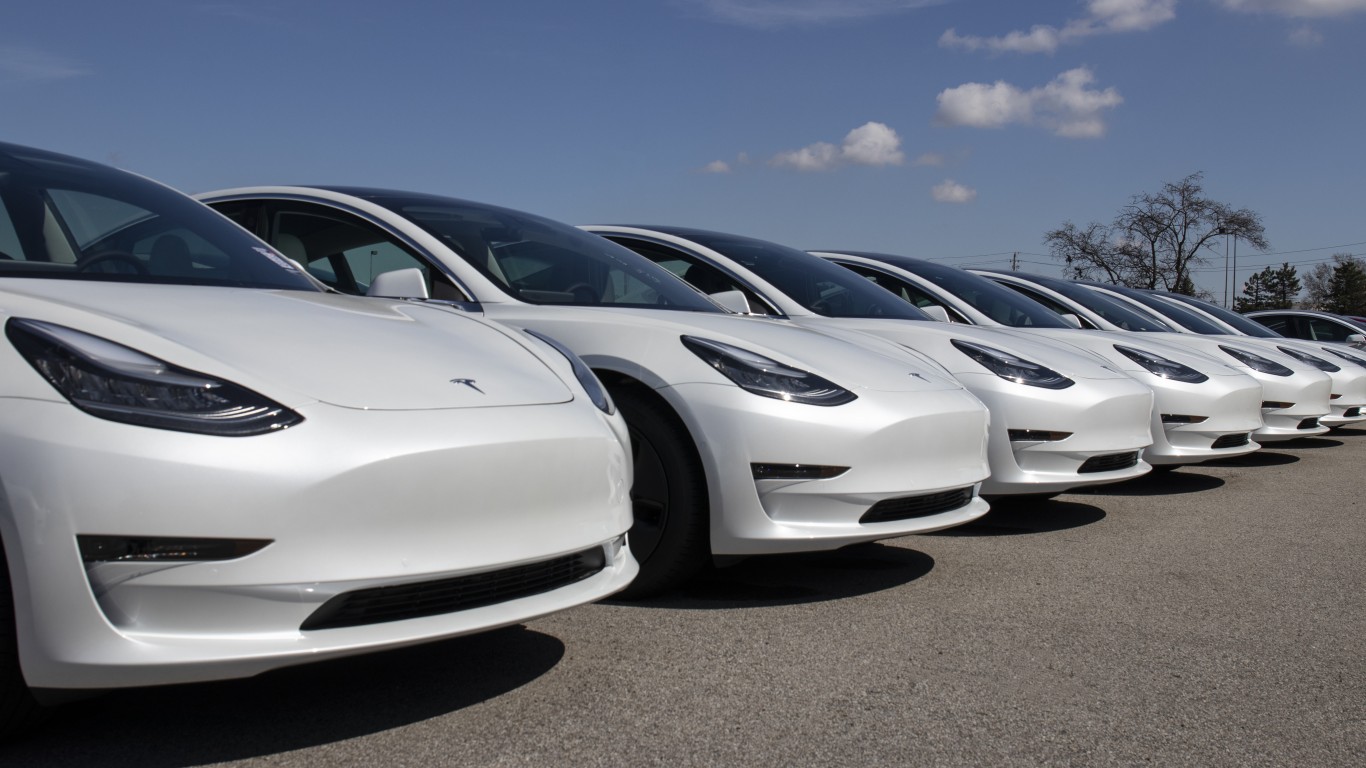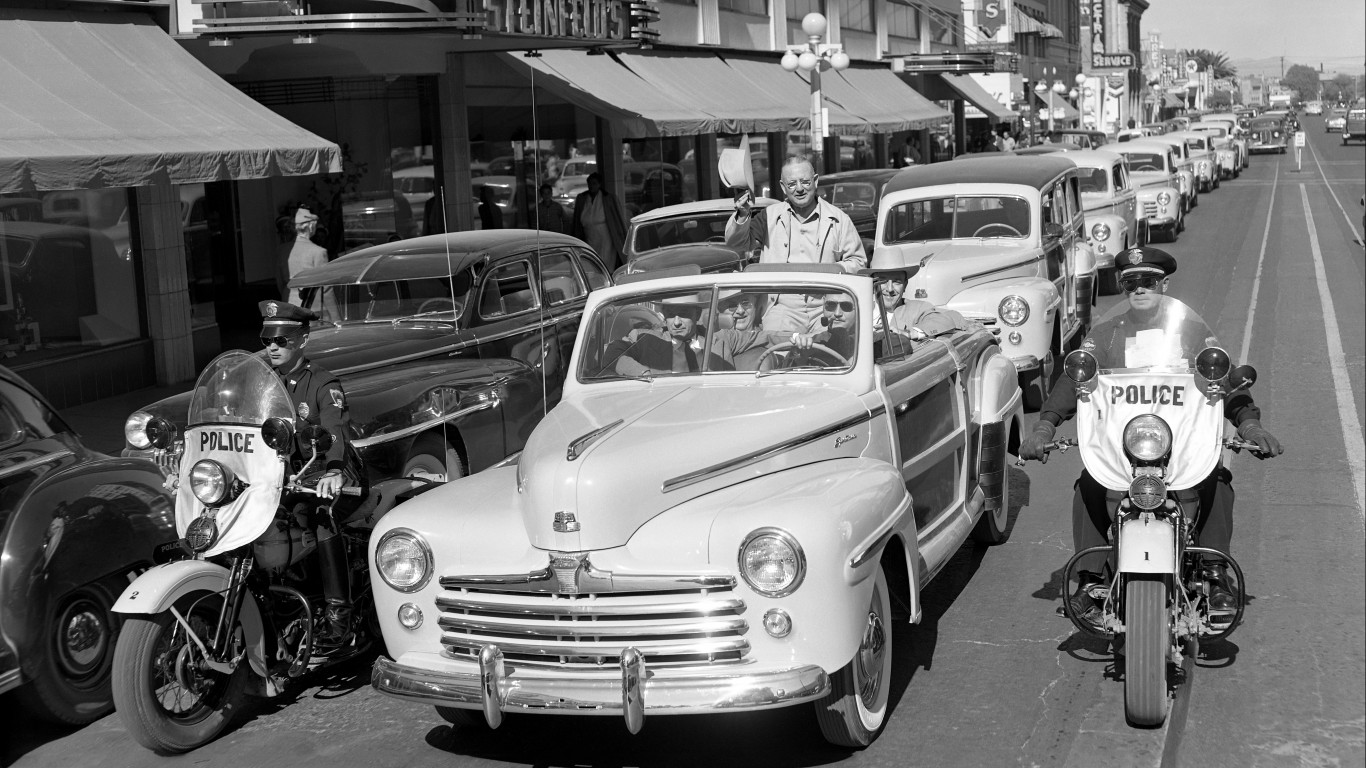 The economy has gotten markedly better over the last year, but the driving habits of Americans don’t reflect that.
The economy has gotten markedly better over the last year, but the driving habits of Americans don’t reflect that.
It may be because gas prices began to move up in the last few months, and regular now sells for about $2.80 a gallon, according to the widely followed Lundberg Survey. The other possibility is that Americans have changed their perspective on driving. Time in a car may have become something done out of necessity; transportation to and from work, or for an annual vacation. Intermittent trips to the mall may have gotten combined so that a family goes once a month and not once a week. Mileage may have become a precious and relatively expensive commodity. Ongoing high unemployment and the recession that is not over in the minds of many people could keep the driving activity of people in the US low for an unexpectedly long time.
One of the numbers that has concerned the domestic car industry is that during 2008 and 2009 car owners were willing to keep their vehicles for many more months than they were in 2006 and 2007. The average age of a car rose to 9.2 years in 2008. That number had been at about 7 years for nearly 20 years. If frugality has become a permanent part of the character of the American consumer, the car business will never be able to stage a rebound. And car sales will never reach the 16 million sold in 2006. It is less expensive to fix an old car, often, than to buy a new one.
The Federal Highway Administration released its numbers for US driving activity in March. Cumulative travel in the first quarter of the year was down .7%. March numbers were up about 2% compared with the same month last year. The economy has improved so radically that the modest rise is surprising. Modest is relative.
Travel for the month is estimated to be 254.8 billion vehicle miles, according the agency. But the data shows that the new habits have broken a trend. Billions of miles driven in the US rose very sharply from 1985 to 2007, even through several recessions. There is no sign that the current recovery has caused drivers to return to decades-old habits.
The real test of driving plans will be this summer. Surveys on the views Americans hold about their financial future are beginning to show small improvements in optimism. That should translate into a modest number of people happy to spend an extra $100 in gas for travel this summer. But if the Federal Highway Administration numbers do not move higher by much year-over-year from Memorial Day to Labor Day, then something is wrong.
Some economists say that the recession was so deep and scarring that it may take years for Americans to adopt old habits. The government deficit, which may cause higher taxes and more modest payments from social safety nets toward the end of this decade, could push the duration of changed driving habits even further. Further until they hit the point from which they will never come back.
Douglas A. McIntyre
100 Million Americans Are Missing This Crucial Retirement Tool
The thought of burdening your family with a financial disaster is most Americans’ nightmare. However, recent studies show that over 100 million Americans still don’t have proper life insurance in the event they pass away.
Life insurance can bring peace of mind – ensuring your loved ones are safeguarded against unforeseen expenses and debts. With premiums often lower than expected and a variety of plans tailored to different life stages and health conditions, securing a policy is more accessible than ever.
A quick, no-obligation quote can provide valuable insight into what’s available and what might best suit your family’s needs. Life insurance is a simple step you can take today to help secure peace of mind for your loved ones tomorrow.
Click here to learn how to get a quote in just a few minutes.
Thank you for reading! Have some feedback for us?
Contact the 24/7 Wall St. editorial team.



